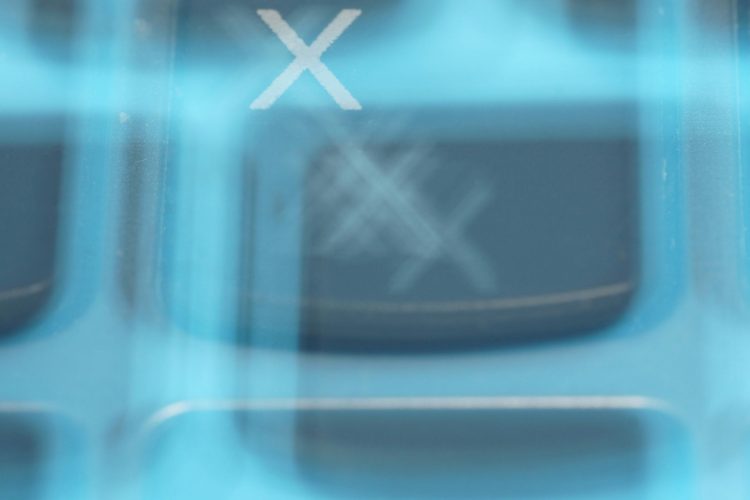Elon Musk, the ever-controversial CEO of Tesla, SpaceX, and X (formerly known as Twitter), is facing scrutiny from Brazilian authorities.
This new headache comes after Musk openly vowed to defy a Brazilian court order demanding that X block specific accounts within the country.
The situation raises the urgent question: will Brazil move to ban X entirely?
Why the clash between Brazil and Elon Musk?
The current conflict stems from a Brazilian court order directing X to block certain accounts. While the exact details of these accounts and the rationale for blocking them remain unclear, it’s likely a censorship issue.
Musk, an outspoken advocate for free speech, publicly declared that he would not comply with the order. This isn’t the first time Musk has found himself in a censorship stand-off with a foreign government.
Recently, Elon Musk faced similar pressure from Turkish authorities in the run-up to elections.
Initially, Elon Musk complied in Turkey, or else risked X being shut down outright in the country. His current resistance in Brazil suggests he’s shifting tactics – choosing to defy certain orders rather than compromise his views on free speech.
See X’s Global Government Affairs‘ post on X about the situation below.
X Corp. has been forced by court decisions to block certain popular accounts in Brazil. We have informed those accounts that we have taken this action.
We do not know the reasons these blocking orders have been issued.
We do not know which posts are alleged to violate the…
— Global Government Affairs (@GlobalAffairs) April 6, 2024
Brazil’s not messing around
The Brazilian government isn’t taking Musk’s defiance lightly. A Supreme Court justice has launched a formal investigation into the billionaire. The risk for X is substantial; if Brazil follows through on a potential ban, the company would lose access to one of the world’s largest social media markets.
Brazil has a history of taking decisive action against tech companies failing to comply with its laws. In 2016, the popular messaging service Telegram faced a temporary ban for failing to cooperate with authorities investigating neo-Nazi groups.
What happens now?
The situation remains fluid, and there are several possibilities moving forward:
- Musk relents: Musk could cave in to the pressure and comply with the Brazilian court order. This would contradict his recent stance but would avoid further escalation.
- Brazil backs down: Given the potential economic and public backlash, it’s possible (although unlikely) that Brazilian authorities will reverse course and avoid a ban.
- X faces the ban: If neither side relents, the likely outcome is X being restricted or outright inaccessible within Brazil.
- The legal showdown: Musk and X could choose to fight the matter through the Brazilian court system. This process could take substantial time and resources with an uncertain outcome.
Beyond Brazil
This isn’t just about Brazil and X. The conflict highlights broader tensions between tech companies and governments worldwide. Social media platforms grapple with how to balance free speech principles with national laws and regulations on content.

Elon Musk’s actions and the reactions they provoke will undoubtedly shape future discussions around censorship and the control of social media in countries around the world.
It’s complex, it’s contentious
The situation between Musk, X, and Brazil is a hotbed of conflicting viewpoints. For those invested in free speech, Elon Musk’s defiance might signal opposition to government overreach. Others could be concerned about the dangers of unmoderated content in large, influential social networks.
Regardless of your personal stance, the situation is an undeniable reminder of the ongoing tug-of-war between technology, freedom of expression, and government control.
Featured image credit: Nancy Hughes/Unsplash





